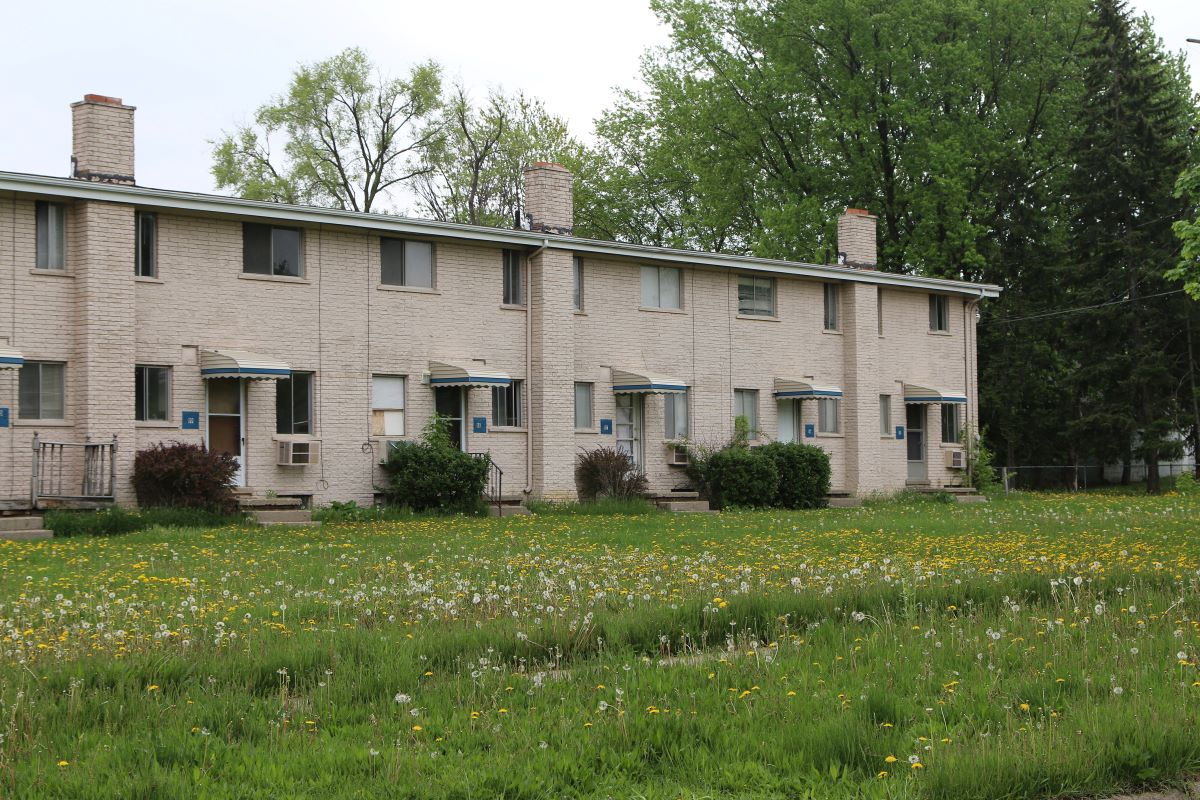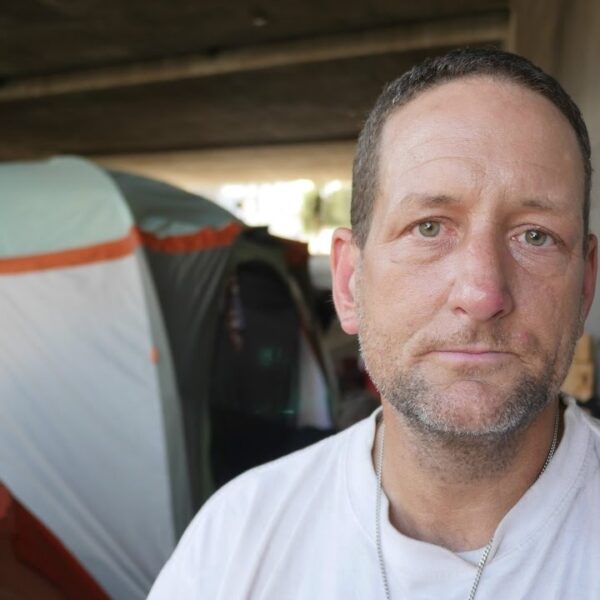Nearly three-quarters of extremely low-income earners in America are severely cost-burdened by their homes, and it is likely driving the nationwide increase in homelessness measured in 2023.
However, according to the National Low Income Housing Coalition’s 2024 The Gap report, no state is adequately equipped to address the issue as the disparity of affordable homes available for the lowest income earners remains stark.
The report was released at a time when the federal government has made billions available for anti-poverty and affordable housing programs. However, advocates say more investments are needed to help low-income earning renters cover the gap between their income and rent.
“The shortage of homes affordable and available to extremely low-income households is due to a market failure,” Sarah Saadian, senior vice president of public policy and field organizing at NLIHC, told Invisible People. “Developers and landlords often cannot build and operate homes that are affordable to these households because the amount they can afford to pay in rent just is not enough to develop or maintain the property.”
Economic Challenges Faced by Low-Income Earners
America’s struggles to provide affordable housing for its lowest-income earners—defined as people who earn up to 30% of an area’s median income—were exacerbated during the coronavirus pandemic, the report adds. Between 2020 and 2022, data from the Bureau of Labor Statistics shows workers saw real wages decline by 2.6% as shelter costs increased by 7.5%.
Many people who lost their housing because of the pandemic who spoke with Invisible People have said the disparity between their rent and income was a contributing factor to them becoming homeless.
Rising shelter costs and declining wages also contributed to a growing number of low-income renters reporting they pay 50% or more of their income on rent and utilities, otherwise known as being “severely cost-burdened,” NLIHC’s report shows. In 2024, 74% of extremely low-income earners said they were severely cost-burdened, compared to 72% in 2023.
NLIHC’s report suggests that one way to alleviate cost burdens is to build more affordable housing, including subsidized units. But the U.S. seems to be mired in a long-term housing shortage, as homebuilding activity appears to be declining. Census data shows the total number of housing starts has decreased by 5.1% since February 2020, before the pandemic began.
Addressing Homelessness Through Government Action
Overall, NLIHC measured a shortage of 7.3 million affordable homes for the country’s lowest-income earners in its 2024 report, which is a slight improvement year-over-year. However, Saadian added that no state has an adequate supply of homes affordable for extremely low-income earners, a trend that has continued over the last several years.
Saadia said the data also shows that reforms like removing zoning and land use barriers have largely allowed for market-rate housing to be built that “likely will not filter down to help those with the lowest incomes.” She added, “The primary solution for extremely low-income households is for Congress to invest in proven solutions at the scale needed.”
One solution that Saadia said Congress should invest in is expanding emergency rental assistance.
Princeton University’s Eviction Lab found that Covid-era policies like rental assistance helped reduce eviction filings by 50% between March 2020 and December 2021. Saadia said the program could also help reduce the number of people experiencing homelessness by helping people stay housed while they weather a sudden financial shock.
Last year, volunteers counted more than 653,000 people experiencing homelessness during one night in January, a total that represents a more than 12% climb year-over-year.
Saadia said another solution Congress should invest in is the Housing Trust Fund, which helps support affordable housing projects across the country. It is the only federal resource designed specifically to build homes for extremely low-income earners. Local governments can use the funds to preserve affordable housing units at a time when developers seem more interested in building market-rate units.
“Congress should provide permanent, ongoing resources to prevent evictions and homelessness, and strengthen and enforce renter protections to help keep families stably housed and avoid evictions and homelessness,” Saadia said.
Advocating for Policy Change in Affordable Housing
Now is not the time to be silent about homelessness in the U.S. or anywhere else. Unhoused people deserve safe and sanitary housing just as much as those who can afford rent or mortgage.
Poverty and homelessness are both policy choices, not personal failures. That’s why we need you to contact your officials and tell them you support legislation that:
- Streamlines the development of affordable housing
- Reduces barriers for people experiencing homelessness to enter permanent housing
- Bolsters government response to homelessness
Together, we can solve homelessness.













